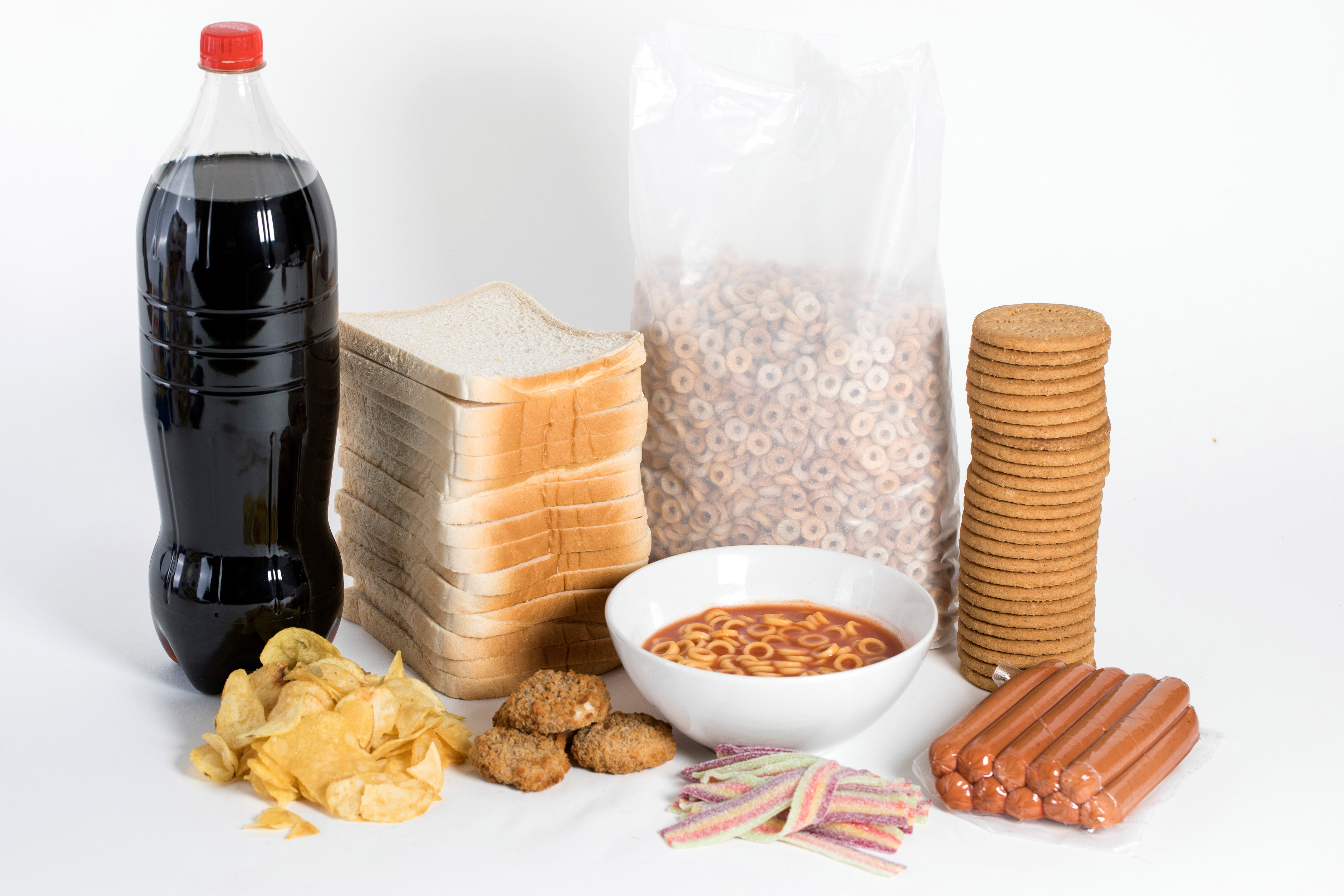Scientists warn of food that may be particularly harmful for people with diabetes
Diet sodas, processed cookies and cereals strongly linked to higher blood sugar levels in people with type 2 diabetes
Your support helps us to tell the story
From reproductive rights to climate change to Big Tech, The Independent is on the ground when the story is developing. Whether it's investigating the financials of Elon Musk's pro-Trump PAC or producing our latest documentary, 'The A Word', which shines a light on the American women fighting for reproductive rights, we know how important it is to parse out the facts from the messaging.
At such a critical moment in US history, we need reporters on the ground. Your donation allows us to keep sending journalists to speak to both sides of the story.
The Independent is trusted by Americans across the entire political spectrum. And unlike many other quality news outlets, we choose not to lock Americans out of our reporting and analysis with paywalls. We believe quality journalism should be available to everyone, paid for by those who can afford it.
Your support makes all the difference.The frequent consumption of ultra-processed food may cause additional harm to people with type 2 diabetes, scientists warn in a new study.
A growing body of research connects excess consumption of ultra-processed foods to a host of health issues, from higher rates of heart disease to obesity, sleep disorders, anxiety, depression and early death.
Now researchers from the University of Texas at Austin say eating highly processed packaged food like diet sodas, cookies and cereals is strongly linked to higher blood sugar levels in people with type 2 diabetes.
Taking food laden with additives can lead to a higher average blood glucose level over months, causing a spike in a measure called HbA1C, according to the study published in the Journal of the Academy of Nutrition and Dietetics.
The new study correlated eating habits with blood sugar control in people with type 2 diabetes, a condition in which the body doesn’t produce enough insulin.
“We found that the more ultra-processed foods by weight in a person’s diet, the worse their blood sugar control was,” Marissa Burgermaster, a study co-author, said. “The more minimally processed or unprocessed foods in a person’s diet, the better their control was.”

The study covered 275 African American adults from Austin diagnosed with type 2 diabetes. Each person provided two 24-hour diet recalls and a blood sample to measure levels of their blood haemoglobin protein HbA1C.
The diet recalls were then scored against three widely used indexes that look at the overall quality or nutrition in a person’s diet.
Participants who consumed more whole foods or foods and drinks with minimal processing had better blood glucose control.
An HbA1C value below 7 in a blood test is considered ideal for those with type 2 diabetes.
Participants for whom ultra-processed foods accounted for 20 per cent or less of their diet were on average more likely to meet this mark, the study found.

Processed foods typically contain higher levels of sugar and sodium, but scientists say that their health effects may not merely be because of these ingredients.
They suspect that the use of synthetic flavours, added colours, emulsifiers, artificial sweeteners, and similar ingredients may be to blame, in part at least.
The study calls for dietary guidelines to begin to place more emphasis on ultra-processed foods. “Future research should explore whether a causal relationship exists between food processing and HbA1c and investigate mechanisms by which UPFs may affect glycemic control,” scientists say.

Join our commenting forum
Join thought-provoking conversations, follow other Independent readers and see their replies
Comments